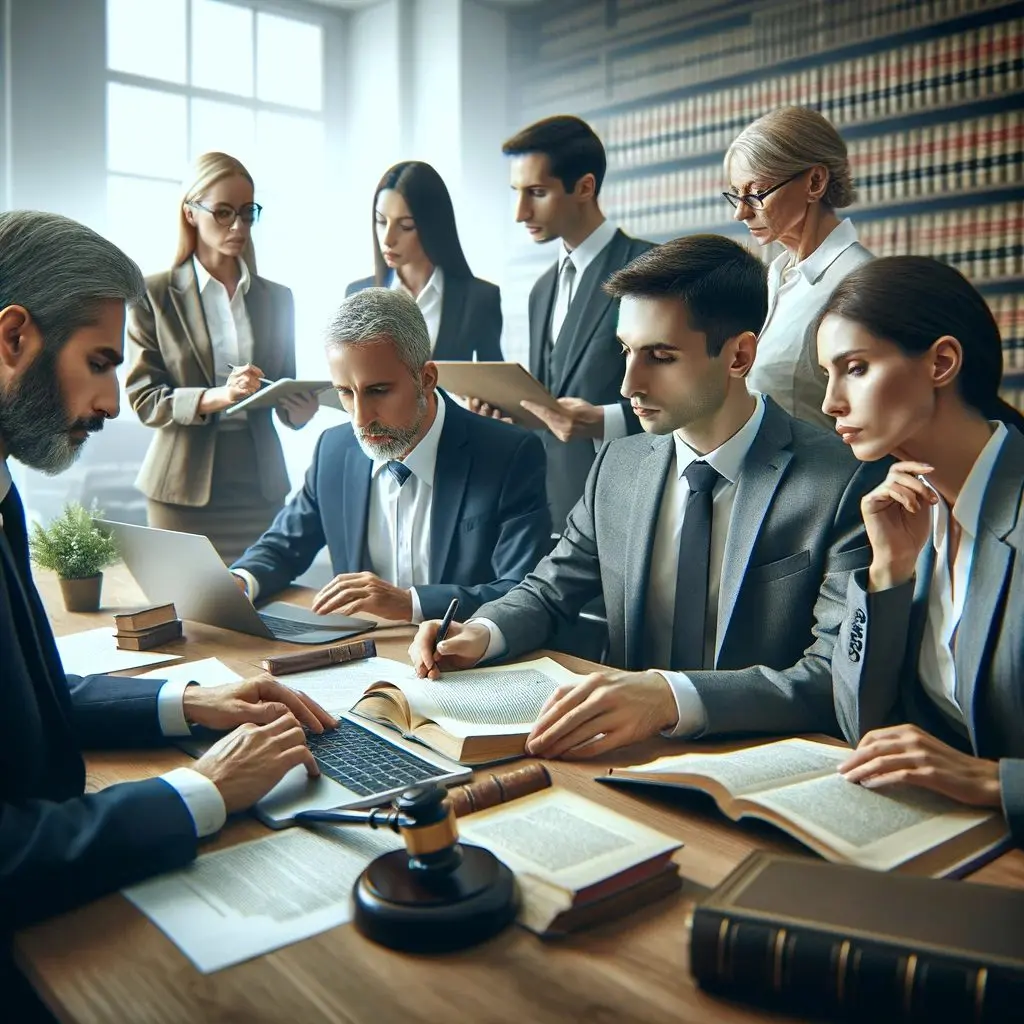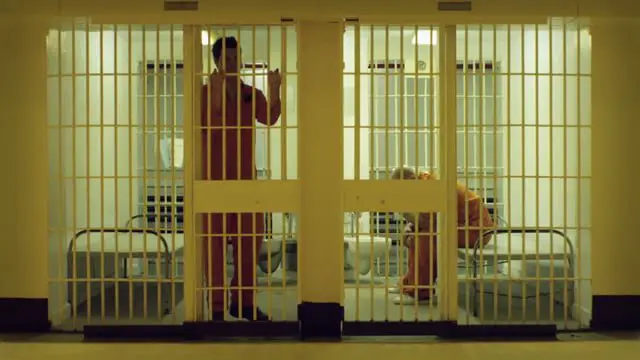Expert Legal Analysis
Expert Legal Analysis: Bridging Gaps in Civil and Criminal Law
In the intricate world of law, expert legal analysis plays a pivotal role in both civil and criminal cases. This form of analysis involves the application of specialized knowledge to legal issues, aiding in the interpretation and understanding of complex matters.
In civil law, expert analysis often revolves around cases such as contract disputes, property conflicts, or personal injury claims. Experts in fields like economics, engineering, or medicine can provide critical insights into the nuances of a case, helping to clarify issues for the court or jury.
Conversely, in criminal law, expert legal analysis can be vital in understanding forensic evidence, psychological assessments, or technical data. For instance, in cases involving digital crimes, a cybersecurity expert’s analysis is indispensable in deciphering the evidence.
An expert witness, as defined by legal standards, is an individual with specialized knowledge, skills, or experience in a particular field, who provides their expertise in legal proceedings. Their role is to assist the court in understanding complex technical or scientific issues.
The admissibility of expert evidence in court is governed by certain standards. The U.S. Supreme Court established the Daubert Standard in the case of Daubert v. Merrell Dow Pharmaceuticals, Inc., setting guidelines for determining the admissibility of expert witness testimony. These guidelines include the testability of the theory or technique in question, its error rate, and whether it has gained acceptance in the relevant scientific community.
Expert witnesses have a duty to the court that overrides any obligation to the instructing party. Their evidence should be independent, objective, and unbiased. They are responsible for providing truthful and thorough technical reasoning, and their analysis must be based on their expertise and experience.
In complex legal cases, the court may allow each party to instruct their own expert. In less
complex cases, parties may also appoint a single joint expert who is instructed jointly by all parties involved in the dispute. This approach ensures that the expert’s opinions are balanced and fair, contributing significantly to the resolution of the legal matter.
The role of an expert witness in a legal case extends beyond mere testimony. Experts may conduct independent examinations, make site visits, and review evidence to form their opinions. Their input is crucial in reaching a conclusion, particularly in cases where technical or specialized knowledge is required.
In both civil and criminal proceedings, the importance of expert legal analysis cannot be overstated. It brings clarity to complex issues, ensuring that justice is served based on sound and reliable information. Whether it’s a civil dispute over contractual obligations or a criminal case involving forensic evidence, expert analysis remains an invaluable asset in the legal process.
For a more comprehensive understanding of expert legal analysis in civil and criminal law, including the roles and responsibilities of expert witnesses, you can refer to the following sources:
- Expert Witness Roles and Responsibilities on Keystone Law
- Expert Witness Information on LII / Legal Information Institute
- Expert Systems for Legal Analysis on JSTOR
The information provided in these sources details the intricacies involved in expert legal analysis, further highlighting its significance in the legal field.
















